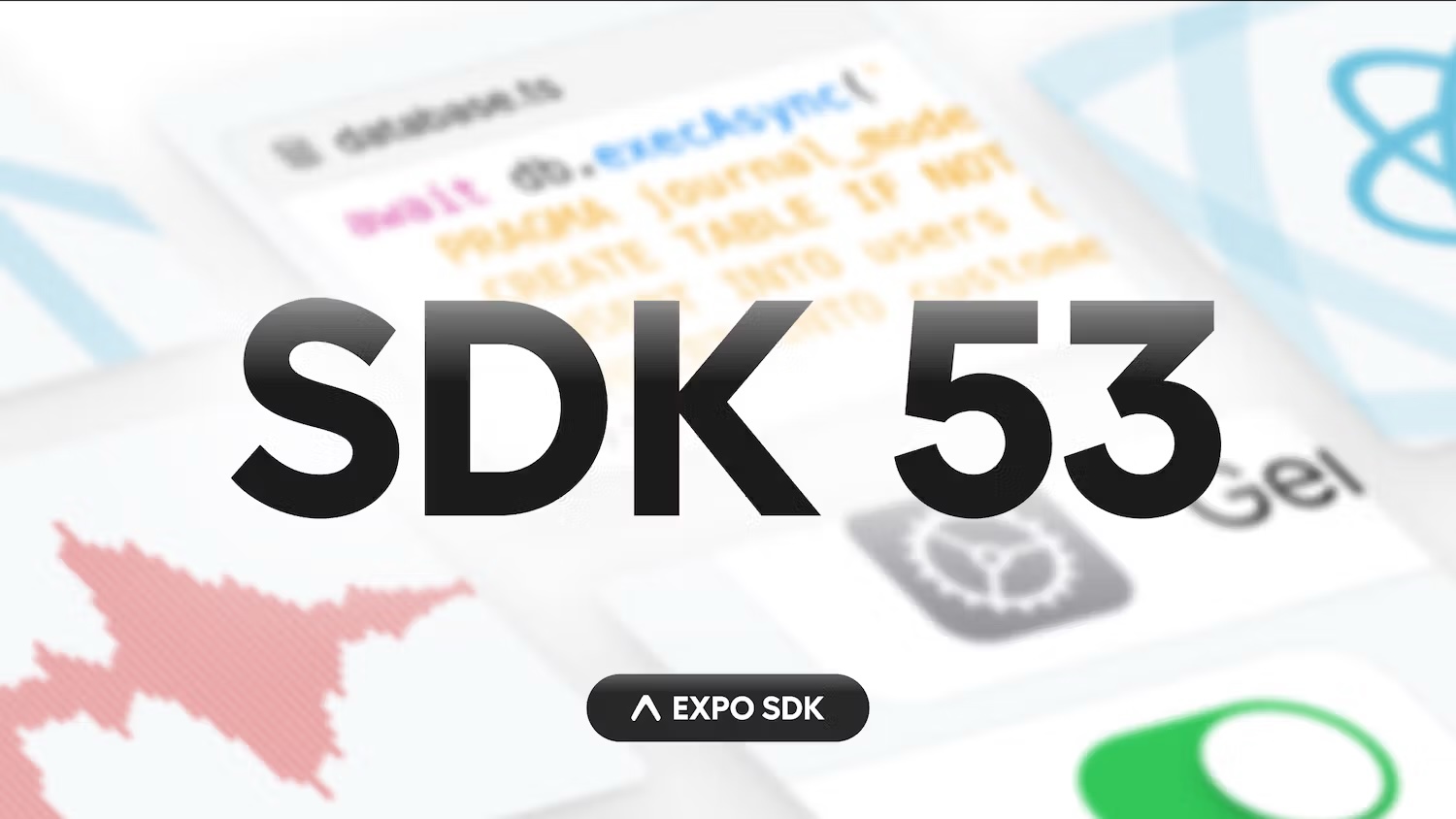Expo SDK 53 significantly enhances developer productivity and application quality through targeted tooling improvements, focusing on build speed and bundle analysis. These refinements empower developers to build, test, and deploy high-quality applications more efficiently.
A key improvement is the acceleration of Android build times, achieved through the use of prebuilt Expo Modules. This optimization can lead to up to a 25% reduction in local build times, a substantial gain that directly translates to quicker iteration cycles and more frequent testing. The presence of a [📦] prefix next to precompiled packages indicates this feature is active, and developers have the option to opt out by configuring buildFromSource in their package.json if specific debugging scenarios require it. More details can be found in the Expo SDK 53 Changelog. The positive impact on workflow is that faster builds enable a more agile development process, allowing teams to respond more rapidly to changes and conduct more comprehensive testing within shorter cycles.
Complementing faster builds, Expo Atlas, now a stable feature in SDK 53, provides a powerful tool for deep bundle analysis. This tool offers a visual breakdown of the JavaScript bundle, helping developers identify large dependencies, pinpoint opportunities for code splitting, and discover areas for overall optimization. By understanding the composition of their application's bundle, developers can effectively reduce file size, improve loading times, and enhance the user experience, particularly for users on slower networks or devices. Expo Atlas can be activated by running EXPO_ATLAS=1 npx expo start and accessed via shift+m in the command-line interface or directly through a web browser at http://localhost:8081/expo/atlas. The promotion of Expo Atlas from experimental to stable, along with streamlined TestFlight distribution, indicates the maturation of Expo's ecosystem of services (EAS), offering robust, production-ready tools that reduce reliance on external tools or manual processes.
The interplay between faster Android builds and Expo Atlas is notable. Faster builds allow developers to iterate on changes more quickly, and Atlas provides the necessary information to make those changes impactful in terms of app size and performance. This creates a positive feedback loop: improved tools lead to faster development, which in turn facilitates more frequent performance optimizations. This underscores Expo's commitment to providing a holistic development environment where efficiency and performance are mutually reinforcing goals.
Furthermore, streamlining TestFlight distribution with EAS offers a significant workflow enhancement for iOS testing. The improved EAS workflow allows for direct deployment of development builds to TestFlight, simplifying the process for distributing test versions to iOS testers. This involves configuring eas.json with "distribution": "store" for the development build profile and using the npx testflight command. You can find more details on the LogRocket blog about SDK 53. This efficiency is particularly important when prioritizing development builds over Expo Go for production fidelity. While Expo Go is useful for quick previews, development builds are crucial for accurate representation of production behavior, especially when incorporating custom native code or leveraging new SDK features. Developers are encouraged to make development builds their primary testing environment for features that utilize the New Architecture or custom native modules, ensuring greater fidelity to the final production environment.



